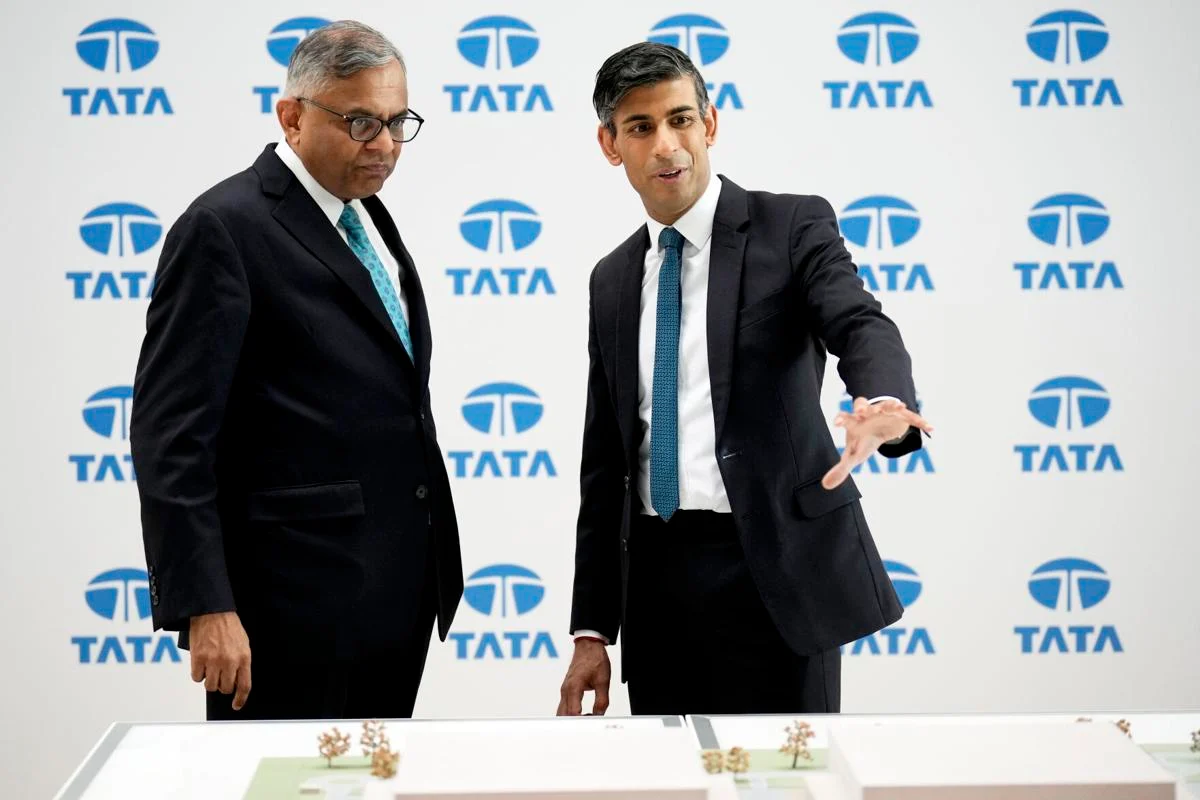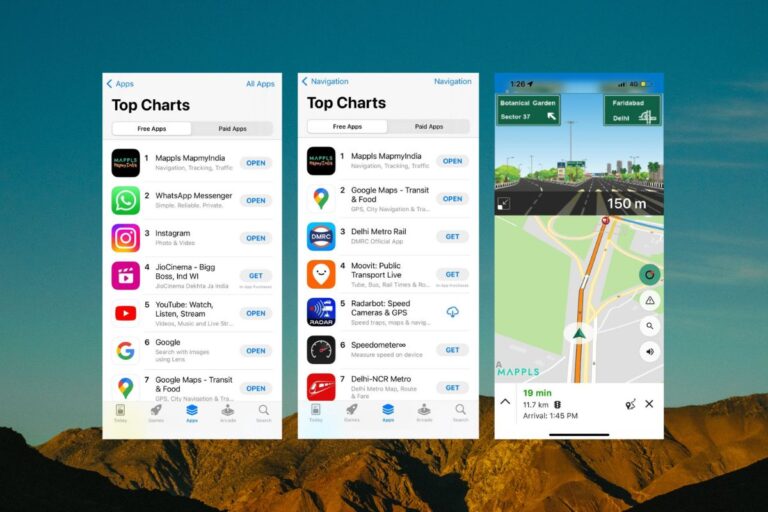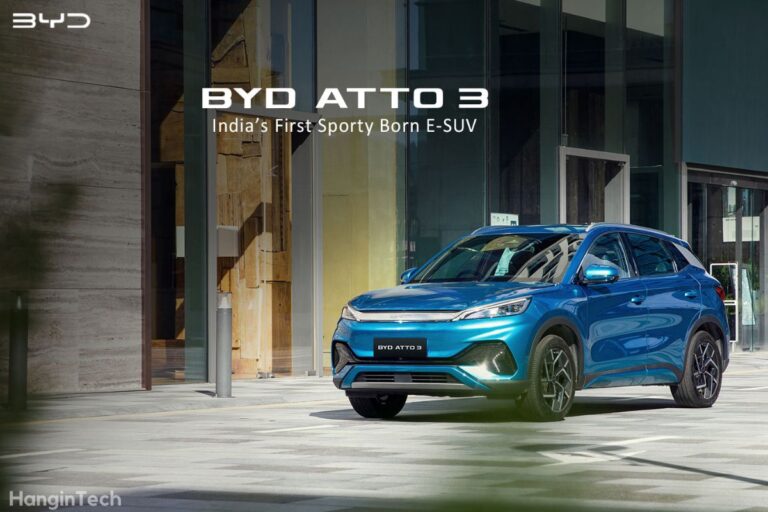In the United Kingdom (UK), Tata Sons will erect a 40GW battery cell gigafactory. Customers in the UK and Europe will receive electric mobility and renewable energy storage solutions thanks to the over £4 billion investment. As anchor clients, JLR and Tata Motors will begin receiving supplies in 2026.
This over £4 billion investment solidifies a competitive green tech ecosystem in the UK at a large scale and is a key component of the Tata group’s commitment to electric mobility and renewable energy storage solutions.
The Tata group is deeply committed to a sustainable future across all of our businesses, according to N Chandrasekaran, Chairman of Tata Sons. The Tata group will establish one of Europe’s largest battery cell manufacturing facilities in the UK, I am happy to announce today. Modern technology will be introduced to the nation thanks to our multibillion-pound investment, which will support the automotive industry’s transition to electric mobility, which is led by our own company, Jaguar Land Rover. With this tactical investment, the Tata group, along with our numerous companies operating here in the fields of technology, consumer, hospitality, steel, chemicals, and automotive, further strengthens its commitment to the UK. I also want to express my gratitude to His Majesty’s Government for cooperating with us so closely to make this investment possible.
The UK Prime Minister, Rishi Sunak, commented on the news of the UK gigafactory, saying: “Tata group’s decision to develop their new gigafactory here in the UK – their first outside of India – is a major vote of confidence in Britain. One of the largest investments in the UK automotive industry’s history will be this one. In addition to giving Britons thousands of skilled jobs across the nation, it will reinforce our leadership in the transition to electric vehicles around the world, boosting our economy’s development in the clean sectors of the future.
The battery gigafactory will provide high-quality, high-performance, and environmentally friendly battery cells and packs for a range of uses in the energy and mobility sectors. The company’s strategic growth ambitions for its flexible manufacturing capacity will launch in 2026 after a quick ramp-up phase.The gigafactory wants to use as much renewable energy as possible and eventually switch to all clean energy. For a genuinely circular economy ecosystem, the facility will use cutting-edge technologies and resource-saving procedures like battery recycling to collect and repurpose all of the original raw materials.
About the Tata group
The Tata Group, an international conglomerate with its headquarters in India and 30 companies spread across ten industries, was founded by Jamsetji Tata in 1868. With a mission to “improve the quality of life of the communities we serve globally through long-term stakeholder value creation based on Leadership with Trust,” the firm conducts business throughout more than 100 countries and six continents.
The main investment holding firm and sponsor of Tata enterprises is Tata Sons. Philanthropic trusts that assist the arts, culture, livelihood creation, and the fields of education and health hold 66% of Tata Sons’ equity share capital.
The combined revenue of the Tata firms was $128 billion (INR 9.6 trillion) in 2021–2022. Together, these businesses employ more than 935,000 people.
The board of directors of each Tata firm or operation serves as the organization’s governing body and acts as its supervisory body. As of March 31, 2022, there were 29 publicly traded Tata companies with a total market value of $311 billion (INR 23.6 trillion).














